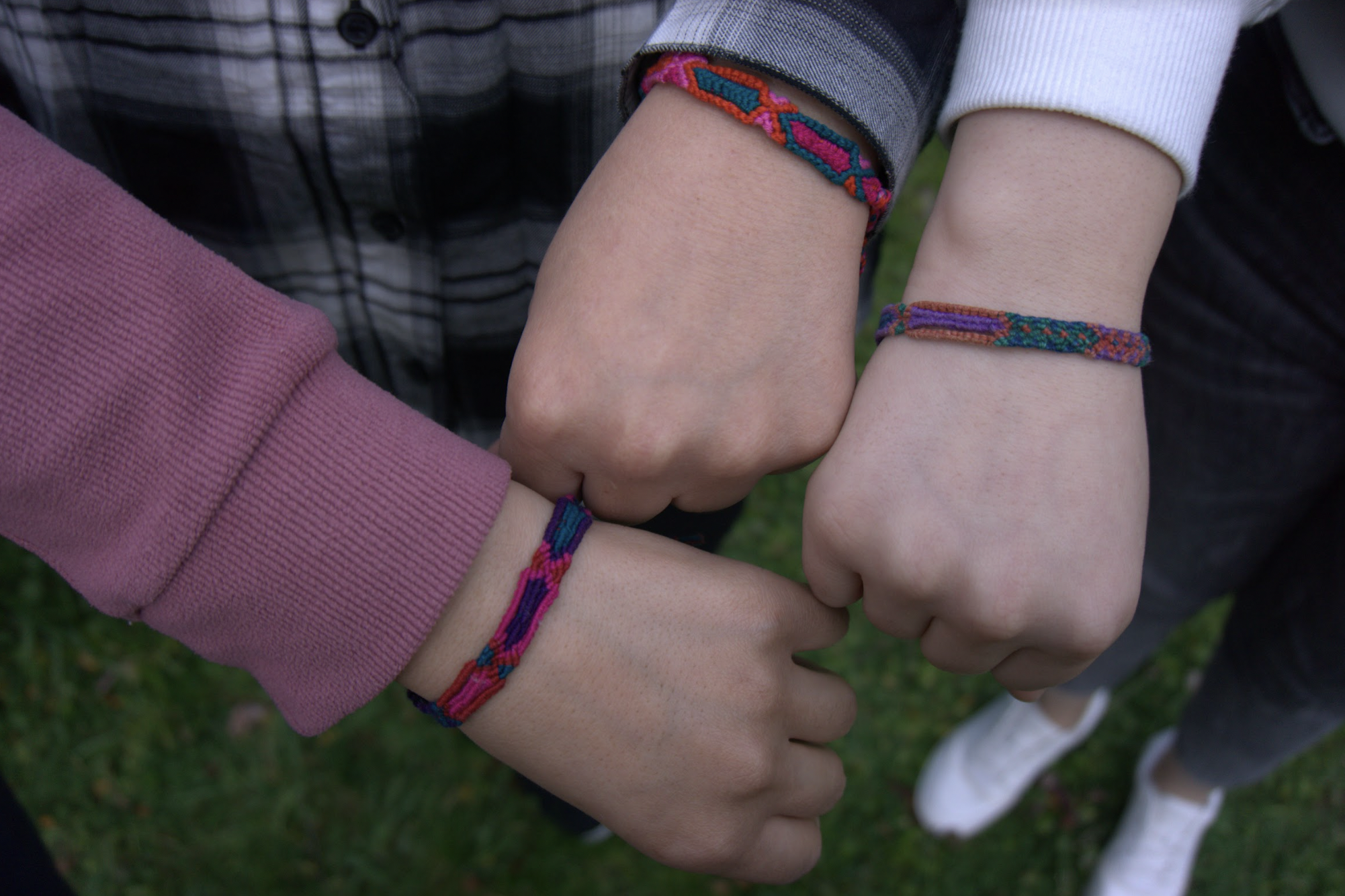What I learned from writing ‘Between Two worlds’
Written by SARAH-MAE MCCULLOUGH
Thirty-three Afghan refugees have resettled in Eugene, Oregon, since the Taliban seized their home country. Last fall and winter, local media covered their arrival and the Eugene organizations that stepped up to help. But then coverage went quiet. We weren’t reading in the news what happened next. What was it like for Afghans starting over in Eugene, and what sort of challenges were they still up against?
When my editor pointed out this storytelling gap and asked me to write a piece answering these questions, I agreed on the topic’s importance, but I was also intimated.
I didn’t know how to get in touch with Afghan refugees. Would anyone even be comfortable sharing their story and, if they were, would we be able to communicate across cultural and linguistic differences? Not to mention, what was okay to ask about and what wasn’t? How could I capture a meaningful story without asking questions that would trigger or upset the sources I wanted to support through my writing?
But there were a few things working in my favor.
One, the story’s photographer, Amalia Birch, and I found resources and individuals in Eugene who were already working with Afghan refugees and could help us figure out who might be comfortable sharing their story and how we could approach those conversations.
A staff member at a local resettlement agency pointed us to Janet Anderon and Evelyn Anderton, two involved community members hosting three Afghan refugees. The couple then introduced us to their guests: Zulaikha, Zahra and Maryam. Janet and Evelyn gave us suggestions about what things we should ask about and what topics we should avoid 一 like details about the women’s experiences getting out of Afghanistan. Another local volunteer who runs mental health support groups for refugees provided insight on the common psychological challenges refugees face. That insight helped so I didn’t go in blindly and could write about those challenges without needing individuals to recount them.
Another thing that helped was that Zuliakha, Zahra and Maryam were incredibly hospitable and generous with their time, and it simply wasn’t as hard to connect with them as I had expected. They seemed happy to tell Amalia and me lots about their lives in Eugene and even invited us over for a homemade Afghan dinner.
One of my questions about this story assignment was: How could I relate to and truly connect with women who’d grown up in Afghanistan and then fled the Taliban when I’d lived a completely sheltered and privileged life, and had never even left the U.S.?
But once we sat down for that dinner, Amalia and I realized we had more than enough in common with Zulaikha, Zahra and Maryam to fill up a dinner conversation. We liked some of the same music, laughed at the same jokes and, in many ways, had similar hopes for our futures. We talked/griped about our love lives and our dislike for Zoom classes.
When Janet and Evelyn were telling us why they value international exchanges and traveling so much, Janet said these activities teach us that “people are people, wherever you go.” That seemingly obvious statement encapsulates a big part of my personal learning during this experience.
Of course, I can’t fully understand what it’s like to be a refugee, or be part of a culture I’m not a part of, or to start over in a new country. And it is important to respect people’s different cultures and life experiences. But also: People are people, wherever you go. From what I can tell, we’re not as different from each other as we might think.


